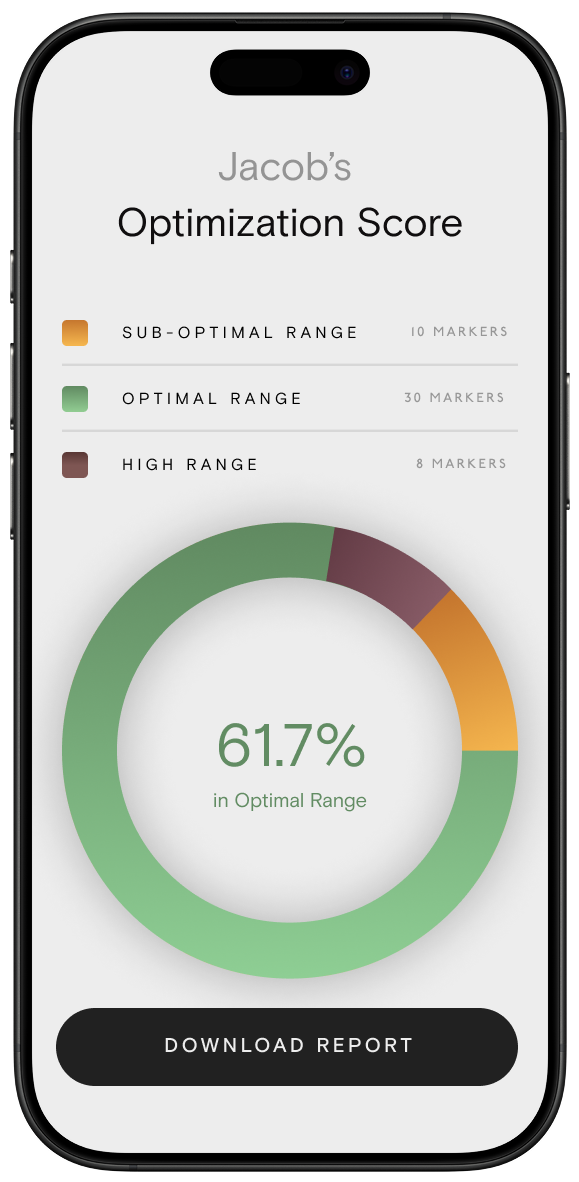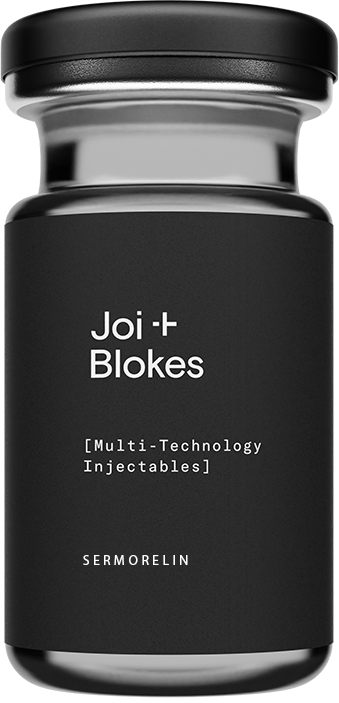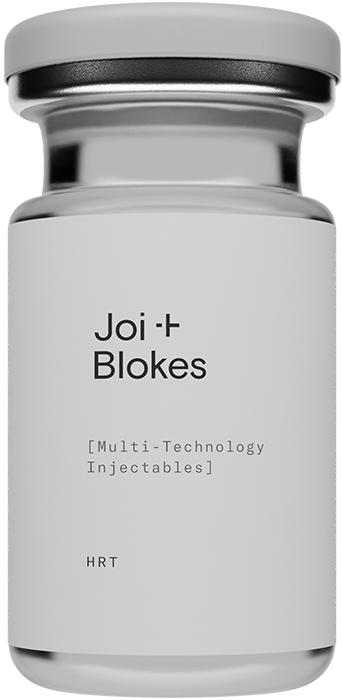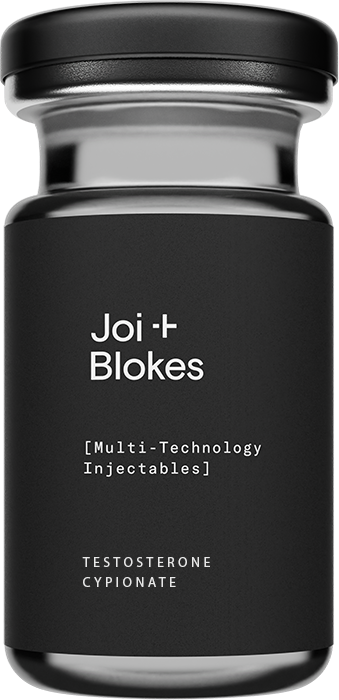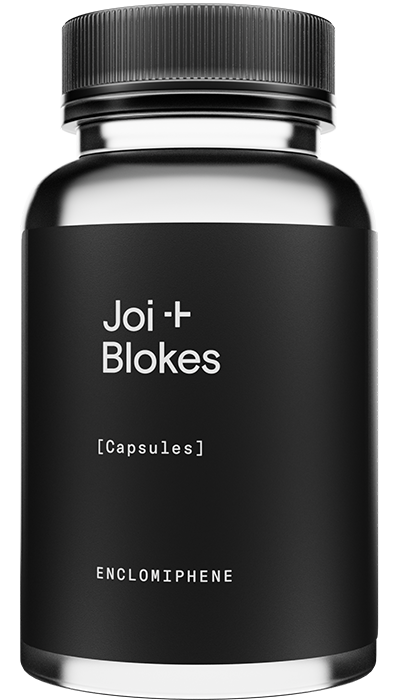Menopause is a natural phase of life, but the symptoms don’t always feel so natural. From hot flashes that hijack your day to restless nights and mood shifts, your body is calling for extra support. Certain foods and functional ingredients can work with your body to ease the transition, giving you more balance and resilience.
Understanding Menopause Symptoms
Menopause is a whole-body transition. Each person experiences a unique combination of symptoms, and the intensity can vary widely. Symptoms typically fall into three categories:
● Vasomotor: Hot flashes and night sweats
● Psychological: Mood swings, anxiety and sleep disturbances
● Physical: Bone loss, joint stiffness and metabolic changes
Understanding which category dominates your experience is key because it helps you target the right functional ingredients and lifestyle strategies. Someone struggling mostly with sleep and mood might benefit more from nervous system regulators and adaptogens, while hot flash-dominant symptoms respond better to phytoestrogens.
Here are some ingredients that assist with menopause symptoms.
1. Phytoestrogens as Nature’s Gentle Hormone Support
Phytoestrogens are plant compounds that mimic estrogen in the body, helping to balance hormone fluctuations naturally. Common sources include soy, flaxseeds and red clover, which have been shown to ease hot flashes and reduce night sweats.
These compounds are particularly useful for women experiencing vasomotor symptoms, offering a gentler alternative or complement to Hormone Replacement Therapy (HRT). While diet alone can help, pairing phytoestrogen-rich foods with tailored supplements can provide more consistent results for symptom relief.
2. Adaptogens for Stress and Mood Regulation
Stress and anxiety are acute menopause symptoms, making adaptogens a natural ally. Herbs like ashwagandha, maca root and rhodiola help regulate cortisol, enhance energy and support mood balance. Adaptogens are especially beneficial for those struggling with sleep disruptions, irritability or low motivation. Regular incorporation — through teas, powders or smart
supplements — can stabilize your nervous system, allowing you to navigate hormonal changes more resiliently.
Menopause-related stress doesn’t just affect sleep and mood — it can also trigger emotional eating. Choosing the right foods, especially those rich in healthy fats, can help balance stress-related cravings.
3. Magnesium and Other Nervous System Regulators
Magnesium is a powerhouse mineral for menopause, supporting everything from sleep quality to mood stabilization. Studies show it can help ease restless nights, reduce anxiety and even support bone health.
Pairing magnesium with B vitamins, L-theanine or GABA can further regulate your nervous system, helping to calm the mind and body during the transition. Functional supplements often combine these nutrients in carefully measured doses, allowing you to support your sleep and stress levels without juggling multiple products.
4. Bone-Supportive Nutrients
Declining estrogen during menopause can accelerate bone loss, making calcium, vitamin D and vitamin K2 essential allies. Calcium and vitamin D are crucial for bone density, while K2 helps direct calcium to the bones instead of soft tissues. Foods like leafy greens, fortified plant milks, fatty fish and eggs provide these nutrients naturally, but many women find that pairing dietary intake with supplements ensures consistent support.
Functional blends designed for menopausal women often combine these bone-supportive nutrients with cofactors for optimal absorption. This helps maintain skeletal strength and reduce the risk of fractures over time.
5. Symptom-Specific Ingredient Matrix
Not all menopause symptoms are the same, and neither are their nutritional solutions. Creating a symptom-specific matrix can help you target your unique needs:
- Hot flashes and night sweats: Phytoestrogens, black cohosh and flaxseeds
- Sleep disturbances: Magnesium, ashwagandha and L-theanine
- Mood and anxiety: Adaptogens, omega-3 fatty acids and B vitamins
- Bone health: Calcium, vitamin D and vitamin K2
Some modern supplement brands even offer tailored pathways, allowing you to select ingredients that align with your specific symptoms. This approach simplifies the process, ensuring that your body receives the precise support it needs without overloading on unnecessary nutrients.
6. Functional Foods That Help With Menopause Symptoms
When it comes to managing menopause naturally, what you eat can be just as powerful as supplements. Incorporating soy, flaxseeds, fatty fish like salmon, dark leafy greens and herbal teas can provide targeted relief for various symptoms.
Soy and flax offer phytoestrogens for hot flashes, fatty fish provide omega-3s for mood support and leafy greens deliver calcium and vitamin K2 for bone health. Herbal teas such as chamomile or valerian root can enhance relaxation and improve sleep quality.
By figuring out what foods help with menopause symptoms and making these foods a regular part of your diet, you give your body functional support from the inside out.
Blending Functional Nutrition with HRT and Smart Supplementation
Menopause management isn’t one-size-fits-all. Some women find relief through HRT treatment, while others prefer functional nutrition and supplements — or a combination of both. Pairing hormone support with smart supplement pathways addresses your unique symptom profile comprehensively.
The right blend can help you manage hot flashes, support sleep, boost mood and maintain bone health without overwhelming your body or schedule. Ultimately, it’s about finding the combination that works for you so you can approach this transition feeling informed, empowered and balanced.
Hot Flashes, Cool Fixes
Menopause doesn’t have to feel like a never-ending guessing game. By relying on functional foods, symptom-targeted nutrients and smart supplement strategies, you can create a toolkit tailored to your body’s needs. The key is experimenting thoughtfully, listening to your body and confidently embracing this new chapter.

